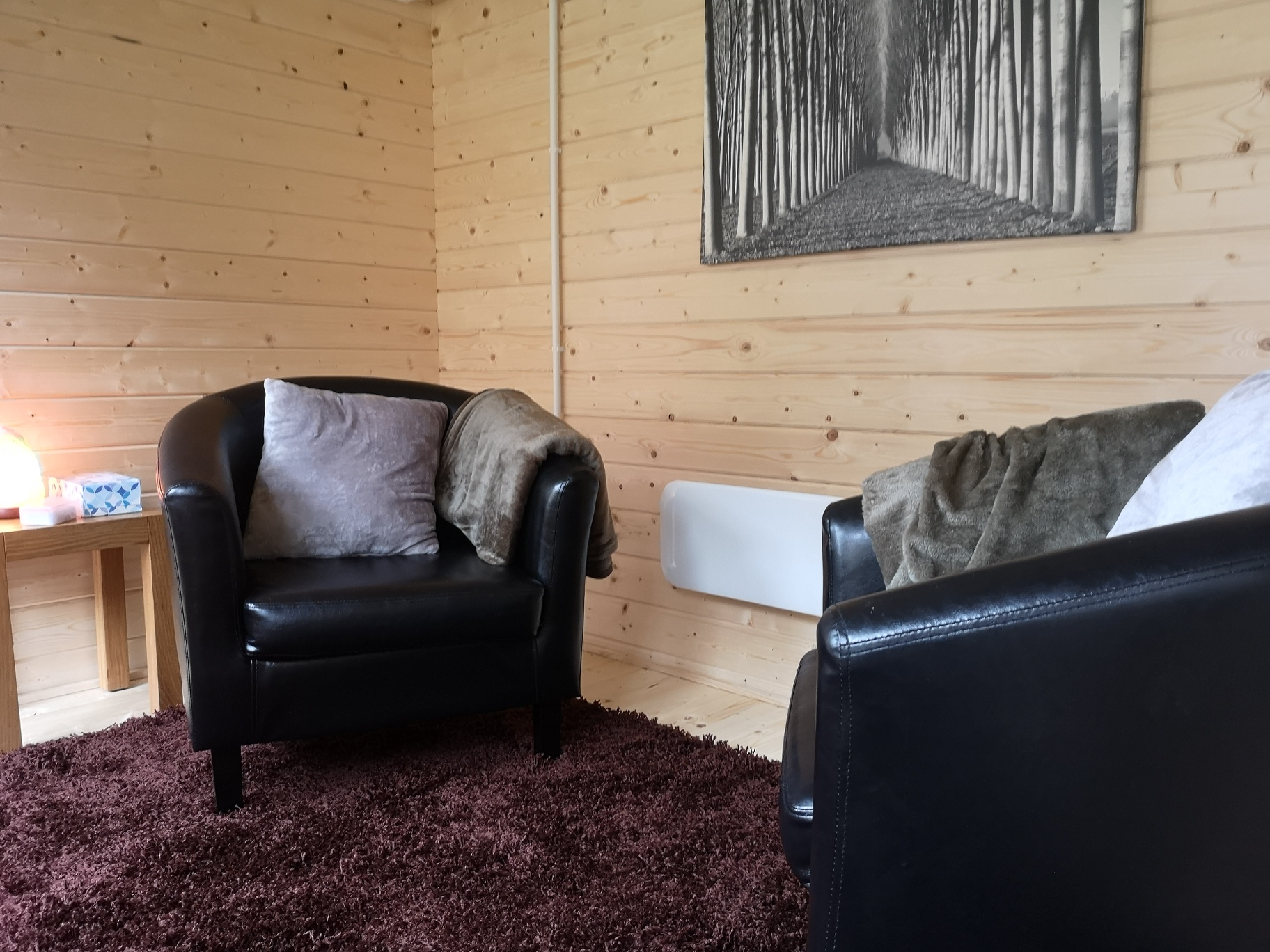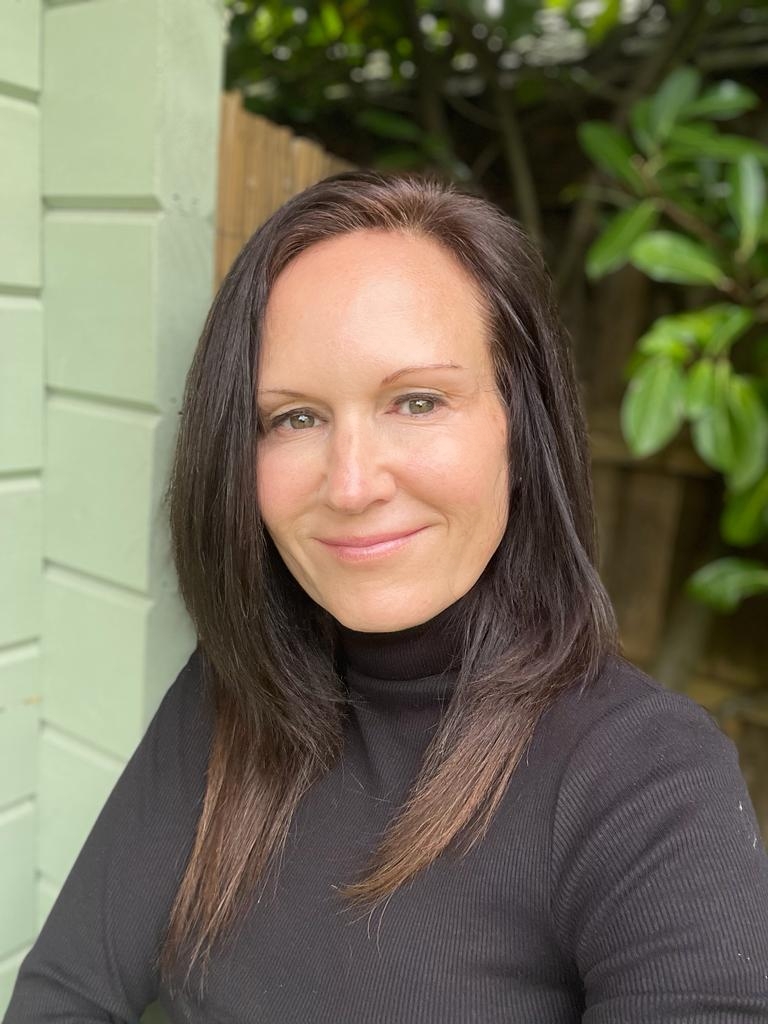Jane Jiggens is a therapist in CM3 & CM6, Essex
What attracted you to become a therapist?
It was a good personal therapeutic experience and wanting to turn my personal experiences into ways in which I could help other people.
Where did you train?
I trained at The Counsel House in Wickford for my CPCAB Levels, 2, 3 and Diploma Level 4 and by May this year I would have completed my Foundation Degree with The Open University. Counsellors are required to undertake new learning all the time so at the moment I am thinking about what I would like to do next.
Can you tell us about the type of therapy you practise?
All my training has been of an integrative nature, which means I have studied a variety of counselling theories.
In addition, with my degree, there is a fair bit of biology, which I find helpful when explaining anxiety or medications to clients. In addition to the biology, there is also a lot of psychology theory and research, all of which adds to my knowledge when working with clients.
How does integrative therapy help with symptoms of anxiety and depression?
With anxiety different theorists have different views around why we get anxious, what keeps anxiety going and how we can gain better control. So, depending what information my client brings, I can draw on any of the counselling theories to work with the client. I feel I can really I match my clients experiences, which is really helpful.
Plus, having the biological knowledge, my clients can gain an understanding of what their bodies and brains are going through when they feel certain emotions. It can really help with relationships, communication, self-esteem and with the regulation of emotions.
What sort of people do you usually see?
I see such a different variety of people who are just like you and me and are struggling with life. I see people from 18 upwards who have been bereaved, feel anxious or depressed, struggle with relationships, communication, self-esteem, it does really vary. I also see couples and here we look at their relationship, how has it evolved, what is not working now, how do the couple communicate and what happens in their interactions together.
What do you like about being a therapist?
I love being a therapist. Using my counselling skills and skills as a person is wonderful. I have always been interested in psychology and the brain, so it's perfect for me. Also, when a client moves from a painful place to a place where they feel lighter, empowered, understanding and able to face the world once more, that is very rewarding for me.
What is less pleasant?
The way counsellors in general are undervalued and expected to work for free.
How long you've been with welldoing.org and what you think of us?
I have been with welldoing.org for about a year now. I am not using the booking system as I like to talk to my clients beforehand to make sure I can help them and to make a mutually convenient time to come and see me. This also gives potential clients a chance to ask me any questions about the way I work.
Do you ever suggest books or apps to clients?
There are little things I suggest, some clients like mindfulness and there are some great you tube videos and apps. I try to put lots of tips on my Facebook page and sometimes refer them there as something may be of use to them. I don't recommend books usually.
What you do for your own mental health?
I have my own therapist and supervisor, which is part of my self-care as a counsellor. As I have got older I tend to enjoy my own time, so time away from the hustle and bustle of life helps me recharge, as does walking my dog Ernie.
You are a therapist in Great Leighs and Dunmow in Essex. What can you share with us about seeing clients in those areas?
Both areas are quiet, private and just lovely places to have therapy. Relationships, bereavement and anxiety are the areas where I see the most clients, I think the way people communicate, resolve issues, relationships with themselves and relationships all through their lives really interests me, because as human beings we all have the need to belong, but it is something that can cause us the most pain.
What's your consultation room like?
My room in Great Leighs is within a small clinic, but private and quiet and my therapy room at home is a log cabin. Both rooms are decorated in blues and greens, I do prefer the chairs in my home room I have to say, as they are high backed and just a little more comfortable.

What do you wish people knew about therapy?
That it is part of self-care, it is not selfish. That when we take care of ourselves it eases all of our relationships. That we often laugh, as the view is that counselling is always serious and sad. It is a trusted space where you can be with another human being who will help you to make sense of what is happening in your life. That we will learn so much about ourselves which we can take forward in our lives
What did you learn about yourself in therapy?
A huge amount of self-awareness, answers to why I thought, felt and behaved in certain ways and also confidence. All of which I hope my clients will take away from their sessions with me.

